Hanna Berezhna: "You are drowning, but you get out of the abyss — this feeling was the hardest to bear during the occupation"
Олександр Василенко
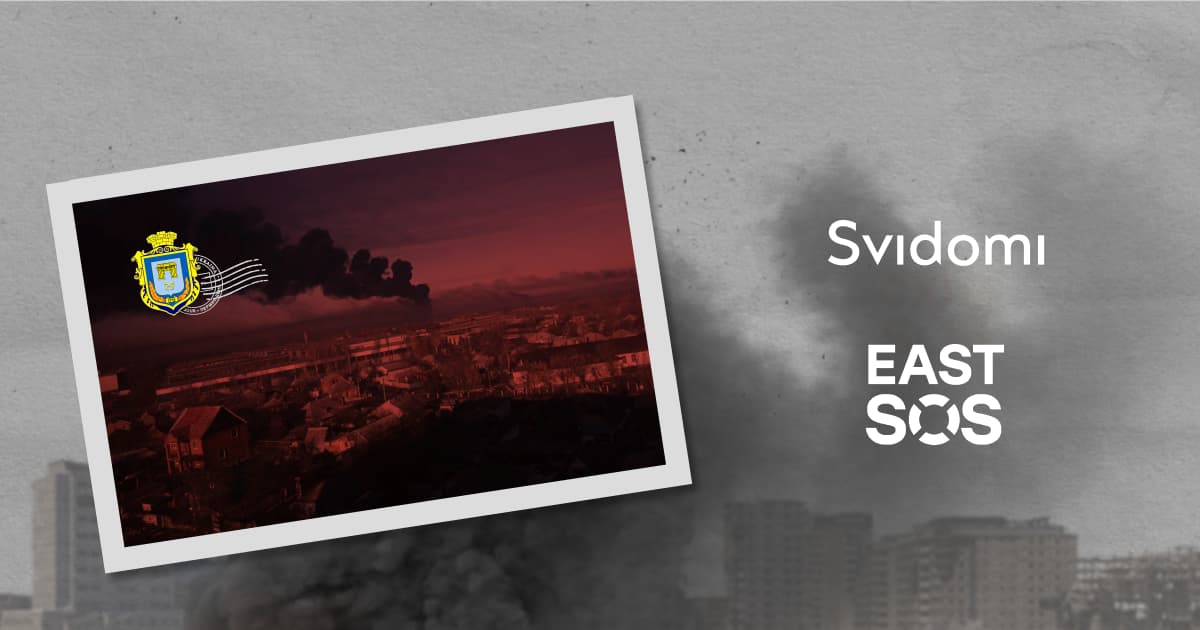
Hanna Berezhna lived with her children and mother in Kherson, where she worked as a restaurant administrator and owned a tattoo studio. She decided to tell the Vostok SOS Charitable Foundation team about her experiences living under Russian occupation.
Since 2014, the Vostok SOS Charitable Foundation has been collecting information about war crimes committed by representatives of the Russian Federation to ensure justice and the right to truth. Since February 24, 2022, the documenters have recorded more than 600 stories and documented about 700 cases of alleged crimes. Tetiana Petrova recorded Hanna's story, and Oleksandr Vasylenko wrote the text.
Below is the first-person narrative
I am a mother of two. My son is 15 and goes to school. My daughter is a student at the Kharkiv National Law University. A year before the full-scale invasion of Russia, I opened a tattoo studio, and before that, I worked as an administrator. Later, I learned to make tattoos and lived a normal and peaceful life.
On February 24, 2022, at 6.50 am, my mother knocked on the door. She said the war had begun. At first, I didn't believe her, so I laughed and replied: "Don't joke like that anymore". I rolled over to the other side to sleep a little longer. Then I heard a loud explosion and immediately started packing my suitcase.
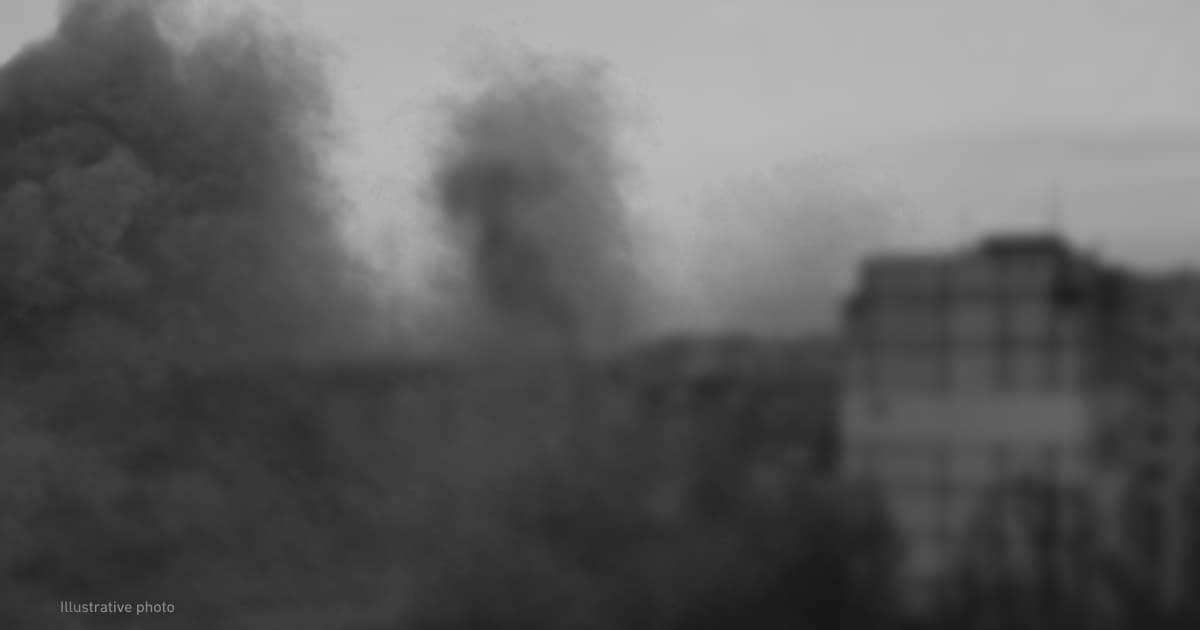
My children and I packed clothes, food and medicine. We went to the shop at around 9.30 am. We saw empty shelves and people panicking. We decided to have breakfast and wait it out.
Later, I saw a military woman near the pharmacy and realised the situation was serious. She was carrying a bag of medicine. We could hear explosions nearby; there was fighting on Antonivskyi Bridge. That night, I wrapped the children in blankets and put them on the floor in the corridor to protect them from the debris in case an enemy missile hit.
The next day, a neighbour invited us into her basement. We grabbed our emergency bags and went. I remember that for the first few days, the mayor of the town asked no one to go out after 4 pm and to dress in a way that would not attract the attention of the Russian military.
The Russians occupied Kherson very quickly. By the end of February, the city was full of enemy vehicles. Most of all, I was afraid for my children. Every night, we heard explosions in Chornobaivka and the neighbourhood.
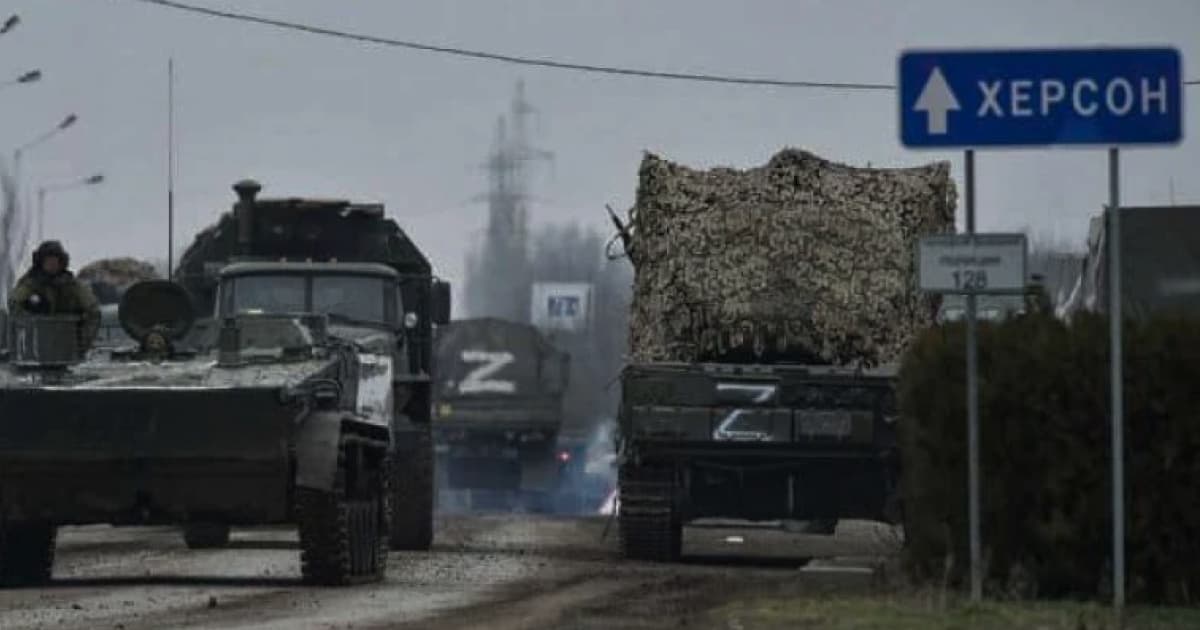
We were afraid of the night. At night, the Russian military drove into civilian houses, set up Grads and shelled Mykolaiv. The worst thing is when the military equipment shoots near your house. It looks like it might turn around and shoot at your house. Such things often happened in the Tavria district. The occupiers were shooting back, reloading and shooting again...
I have a lot of tattoos, and I hid them until the middle of May, although they do not contain any patriotic symbols or statements. In the first few months, I did not leave the neighbourhood.
In April, we were allowed to walk around the city without restriction and saw everything, including enemy vehicles and weapons, being transported. They turned the town hall into a command post, where there were a lot of soldiers, and they distributed humanitarian aid in Freedom Square.
One evening in June, my daughter went outside, and the rockets landed next to her. She didn't speak for a day, and when she finally did, she asked to leave. We evacuated on June 7, 2022.
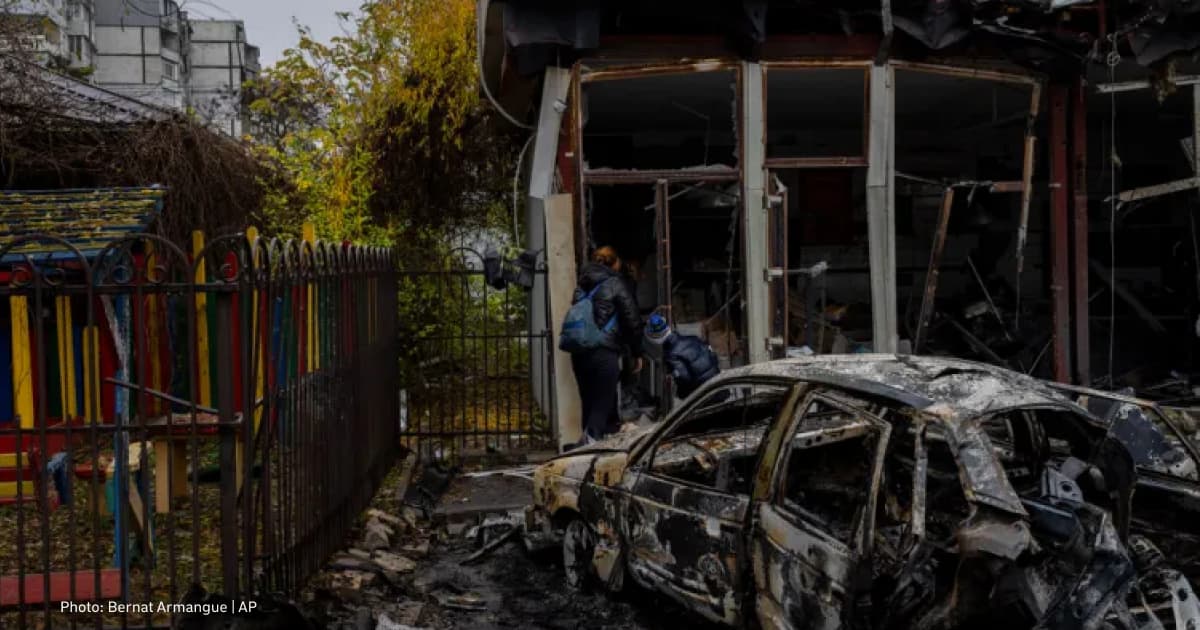
My relatives had already left. They passed through 63 checkpoints, and at almost all of them, the Russian military demanded that they strip down to their underwear, and at the end, they took away the children's food. We knew this would happen, so we only took ten things on the bus, medicine and food. The first checkpoint was at Antonivskyi Bridge, where they took all the mothers and checked their passports.
On the way, we saw absolutely everything: burnt-out vehicles, enemy trenches, shot-up cars, Russian soldiers and their behaviour, and a column of people who had been queuing for up to 5 days to get into Ukrainian-controlled territory.
We managed to get to Zaporizhzhia. The next day, we went for a walk and saw that the city was alive. Frankly, I was shocked. You can get money from an ATM, walk around freely, speak Ukrainian, go to any restaurant and have lunch. My children really missed Ukrainian products.
The hardest thing about the occupation was not showing my family the despair and tears. One morning, I was sitting outside my house having coffee. It was quiet, and tanks were firing somewhere in the distance. I thought I had to keep my head up and that everything would be fine. Our boys will come to Kherson and will not leave us. It will not end badly.
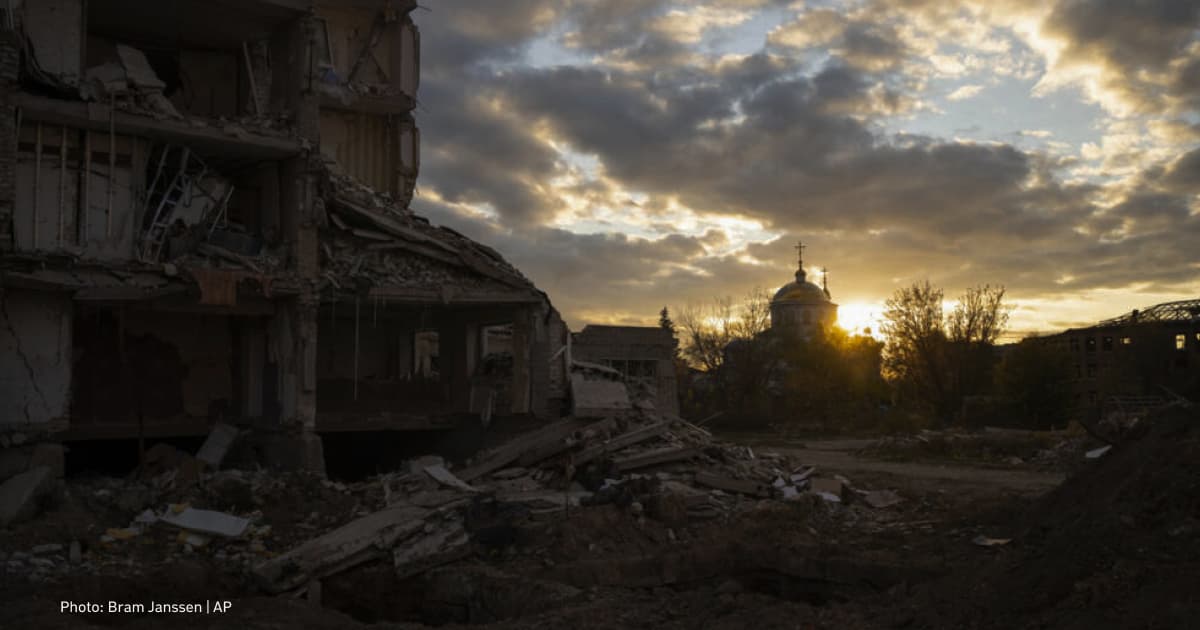
I reassured myself because I couldn't help it. I was waiting for the liberation of the city. I couldn't stay because things were getting worse every day. The foreign occupiers are squeezing and destroying morale, inventing new laws and rules. And you get up every day against the background of explosions and Chornobaivka, these people who forbid you to do what you want. They forbid you from dressing the way you want, eating what you want, and not what you are given. All this had a strong effect on me.
The faith I found was more powerful than anything else. I still try to share it with other people and with my children. I want people to live with this kind of faith. It is the greatest thing a person can do for themselves. No circumstances, no environment, no information about the war, nothing will stop you from having this faith.
The most important memory is when you feel like you are drowning and come out of the abyss. That was the hardest feeling to bear during the occupation.


